
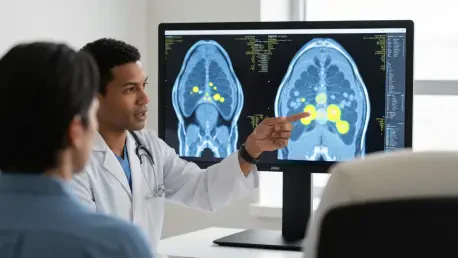
A groundbreaking therapy capable of halting one of the most aggressive forms of cancer has long been shadowed by a side effect so severe that it forces patients to abandon their best hope for survival. This paradox has defined the initial chapter of PSMA-targeted radioligand therapy, a significant

The holy grail of oncology has always been to catch cancer when it is most treatable—at its earliest, most nascent stages. For years, this has been an incredible challenge, but we're now at a thrilling inflection point where artificial intelligence is meeting molecular biology to create solutions
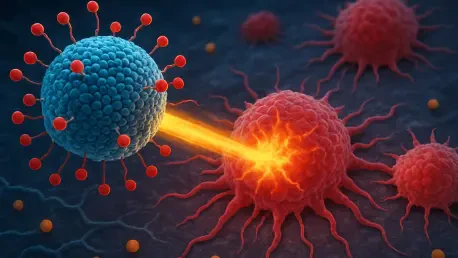
A significant new research initiative is confronting two of the most formidable and lethal malignancies, pancreatic and lung cancer, with a highly innovative therapeutic strategy. Led by Professor Wei Gao at the University of Houston College of Pharmacy, a groundbreaking project has secured a

Intraventricular hemorrhage, a form of bleeding within the brain's delicate ventricles, represents one of the most significant threats to the long-term health and neurodevelopment of preterm infants. For decades, the standard of care has been largely reactive, identifying brain bleeds only after

Ivan Kairatov is at the forefront of a revolution in neurological diagnostics, merging the ubiquity of smartphones with the power of machine learning to detect diseases like Parkinson's earlier than ever before. His team’s recent breakthrough demonstrates how a simple app can analyze subtle motor
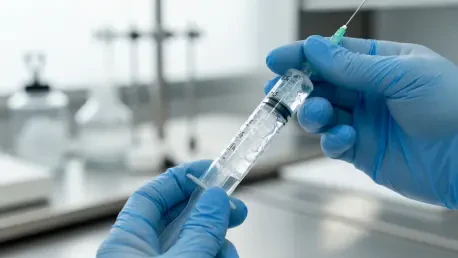
For countless individuals who have undergone mastectomies, the journey toward physical and emotional recovery is often complicated by the limitations of existing reconstructive surgeries. A groundbreaking prototype of an injectable paste, developed by researchers from human skin cells and detailed
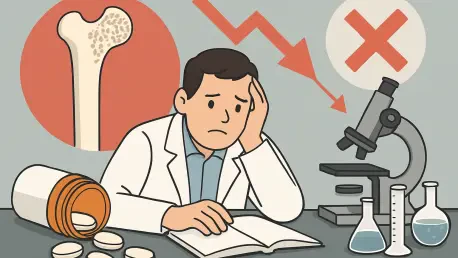
The journey of a new drug from laboratory concept to patient bedside is often paved with paradoxes, but rarely is the contradiction as stark as a medicine that successfully builds bone yet fails to stop it from breaking. This was the surprising outcome for setrusumab, a highly anticipated treatment

Today we're joined by Ivan Kairatov, a biopharma expert at the forefront of integrating artificial intelligence into oncology. His team’s latest work, leveraging data from the landmark TAILORx trial, has produced an AI model that significantly refines our ability to predict long-term recurrence
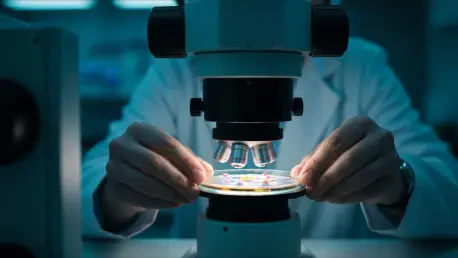
For the millions of individuals navigating the relentless progression of diabetic kidney disease, the best-case scenario offered by modern medicine has long been a managed decline—a slowing of the inevitable slide toward renal failure and the need for life-altering dialysis or transplantation. This
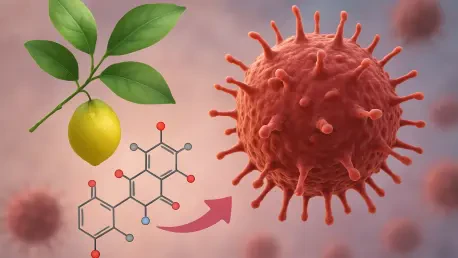
A recent scientific breakthrough has shed light on a promising new strategy against ovarian cancer, demonstrating how a natural compound derived from a traditional herb can selectively destroy malignant cells by disrupting their internal waste management system. The study, a collaborative effort
ITCurated uses cookies to personalize your experience on our website. By continuing to use this site, you agree to our Cookie Policy